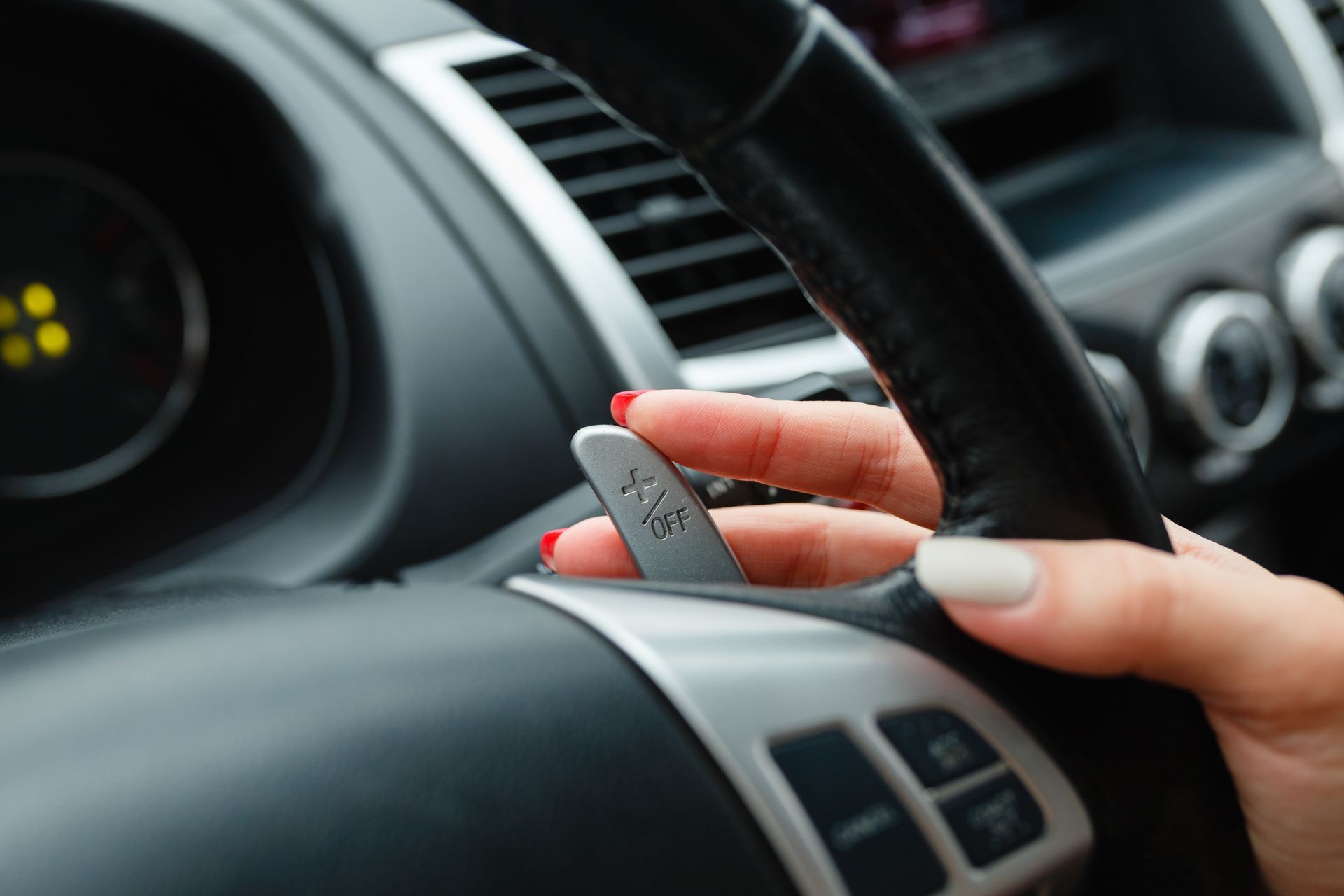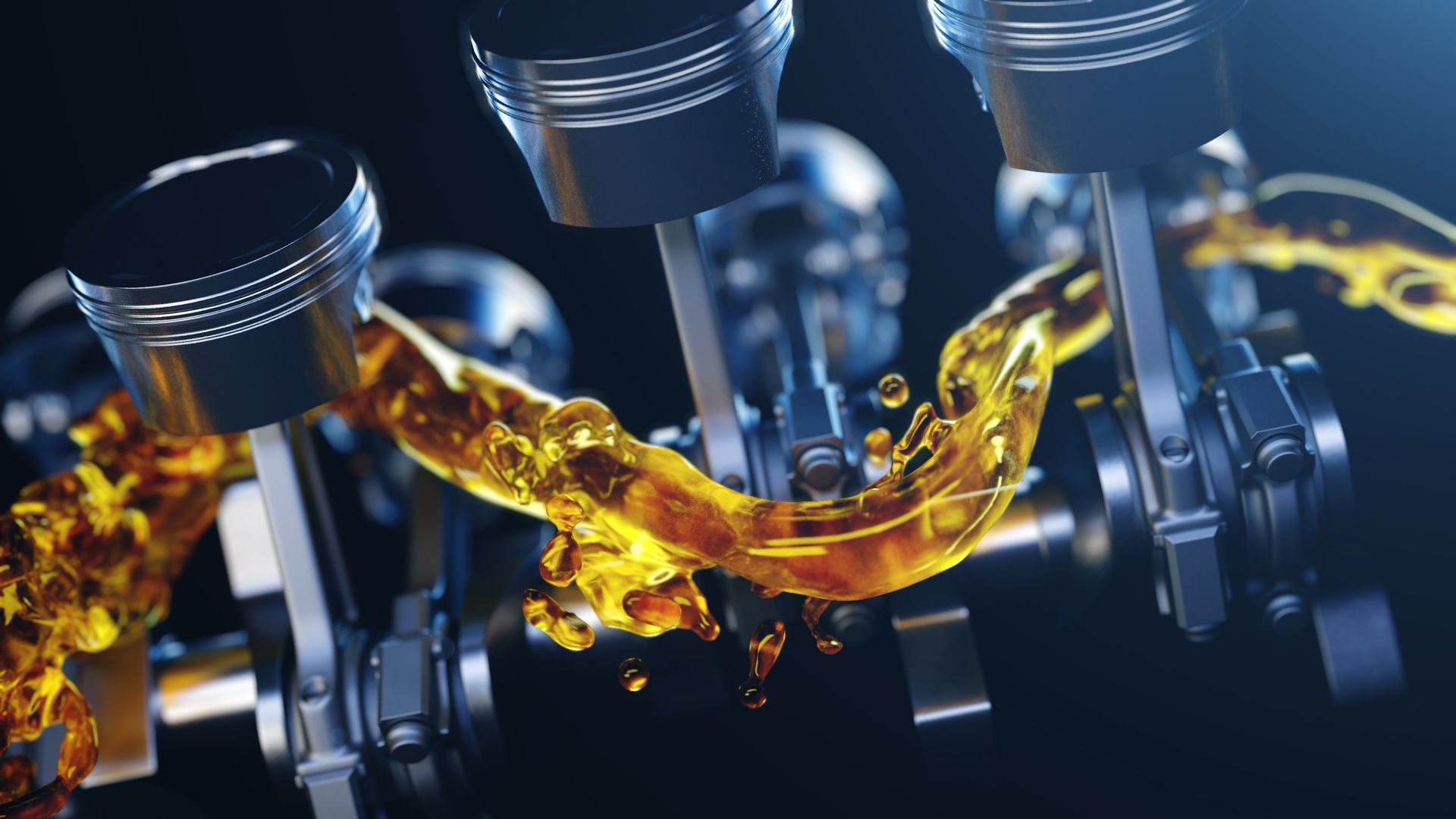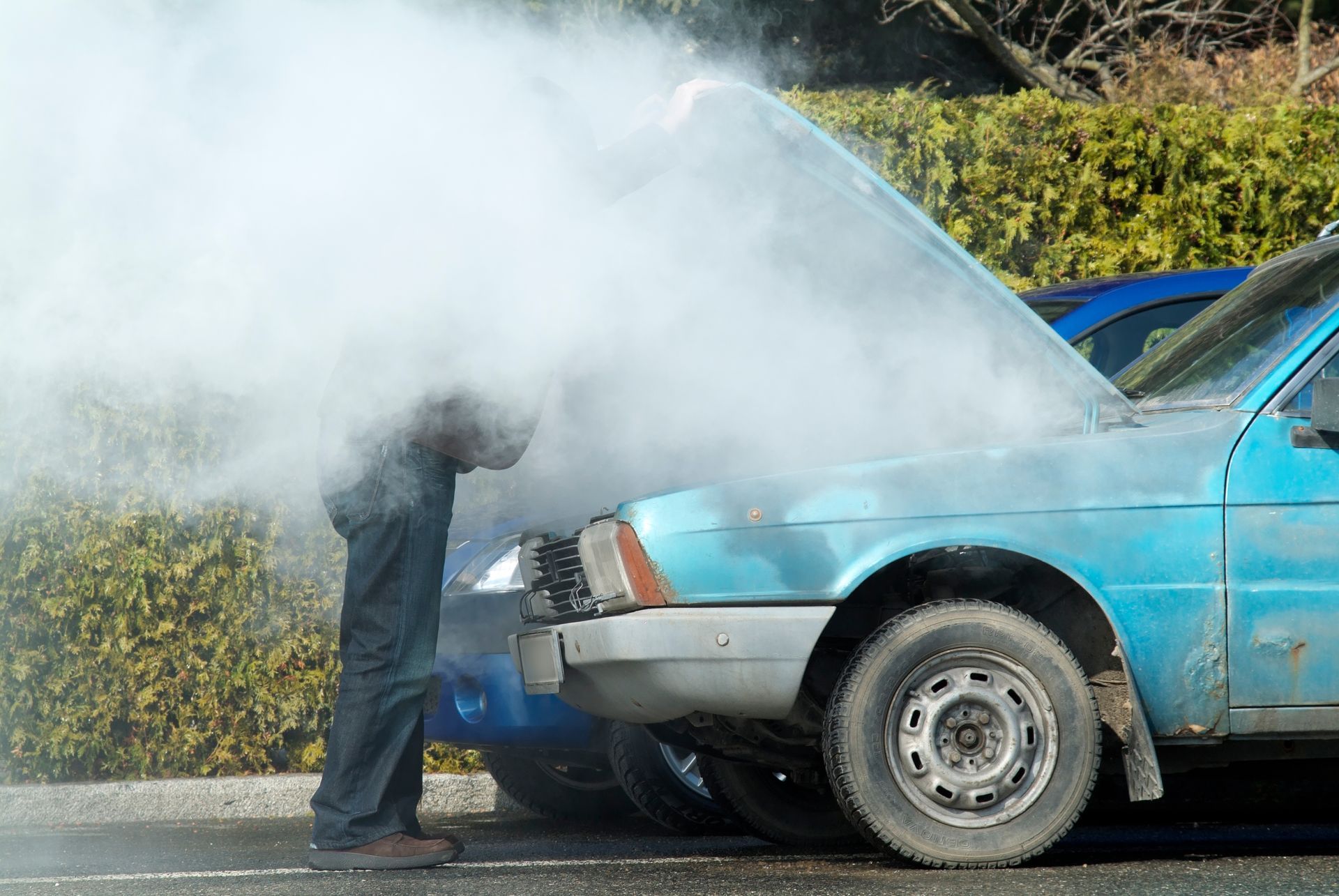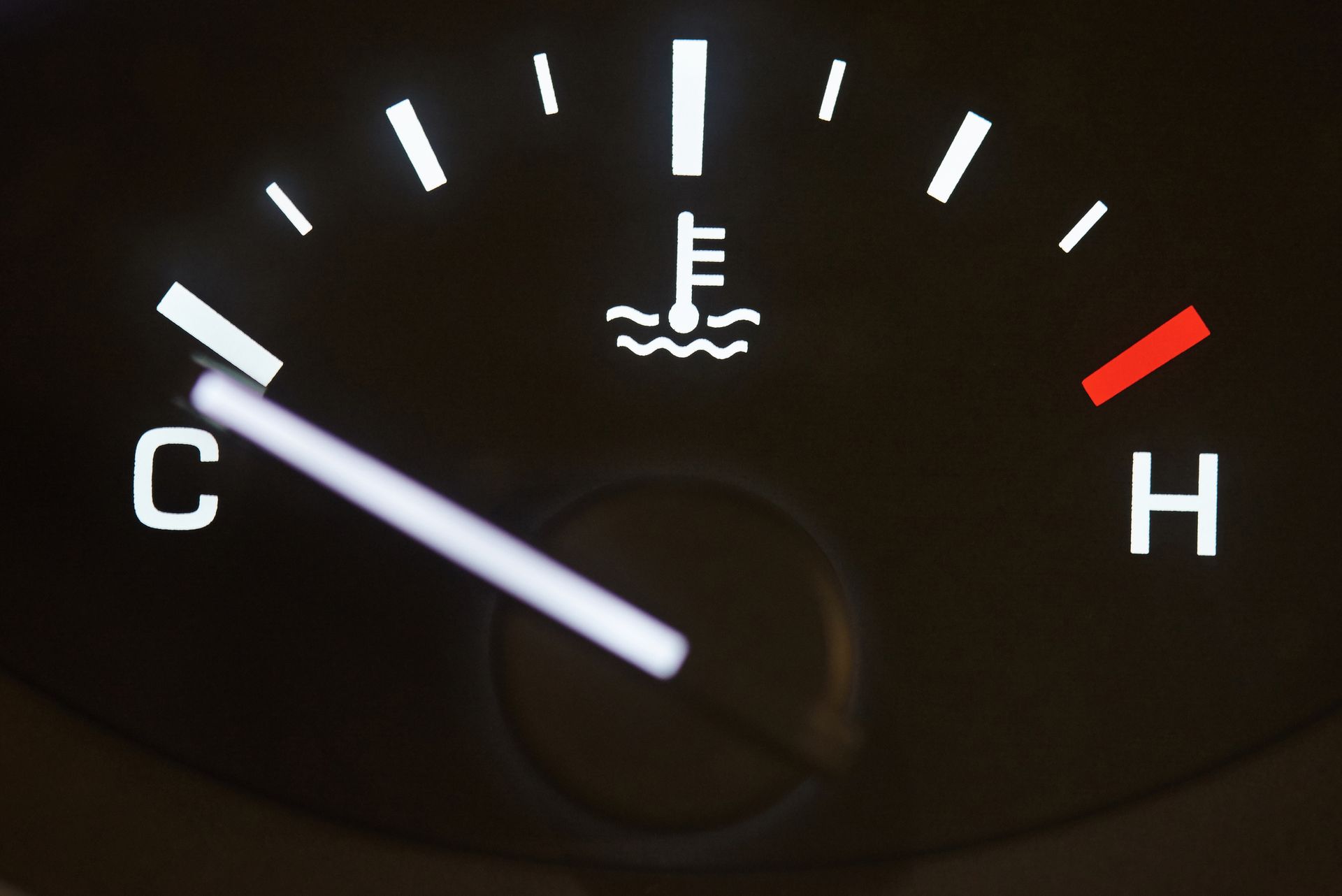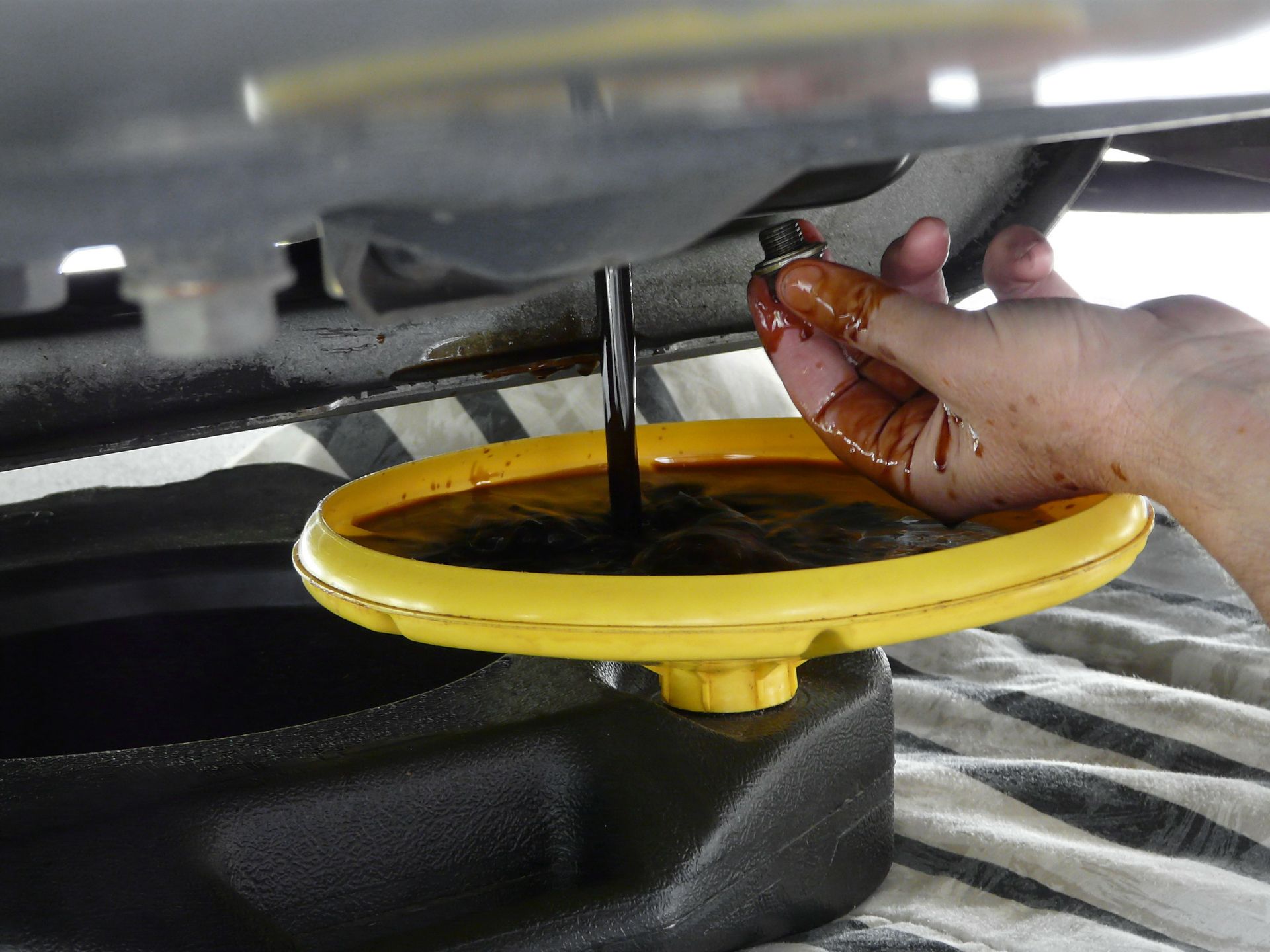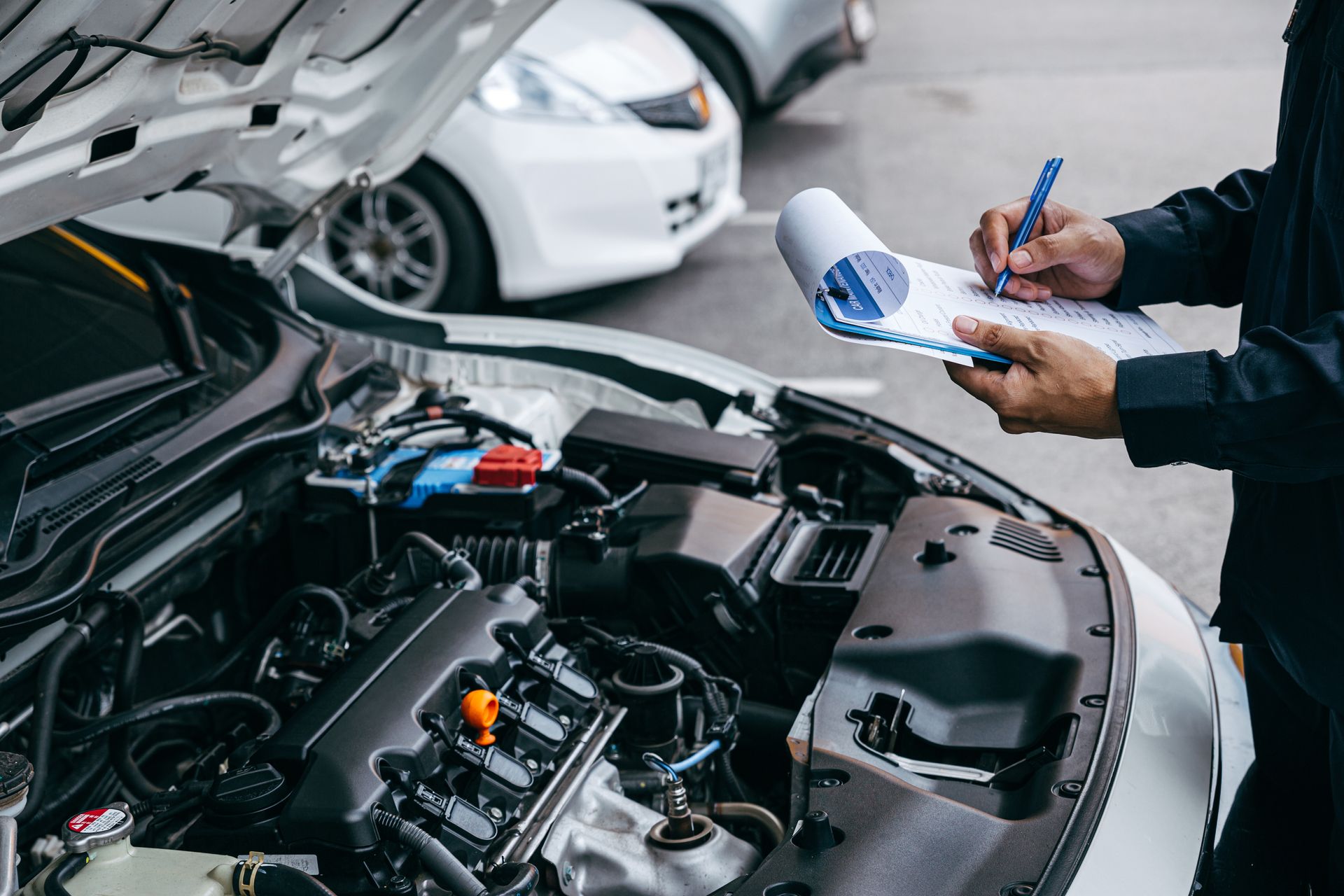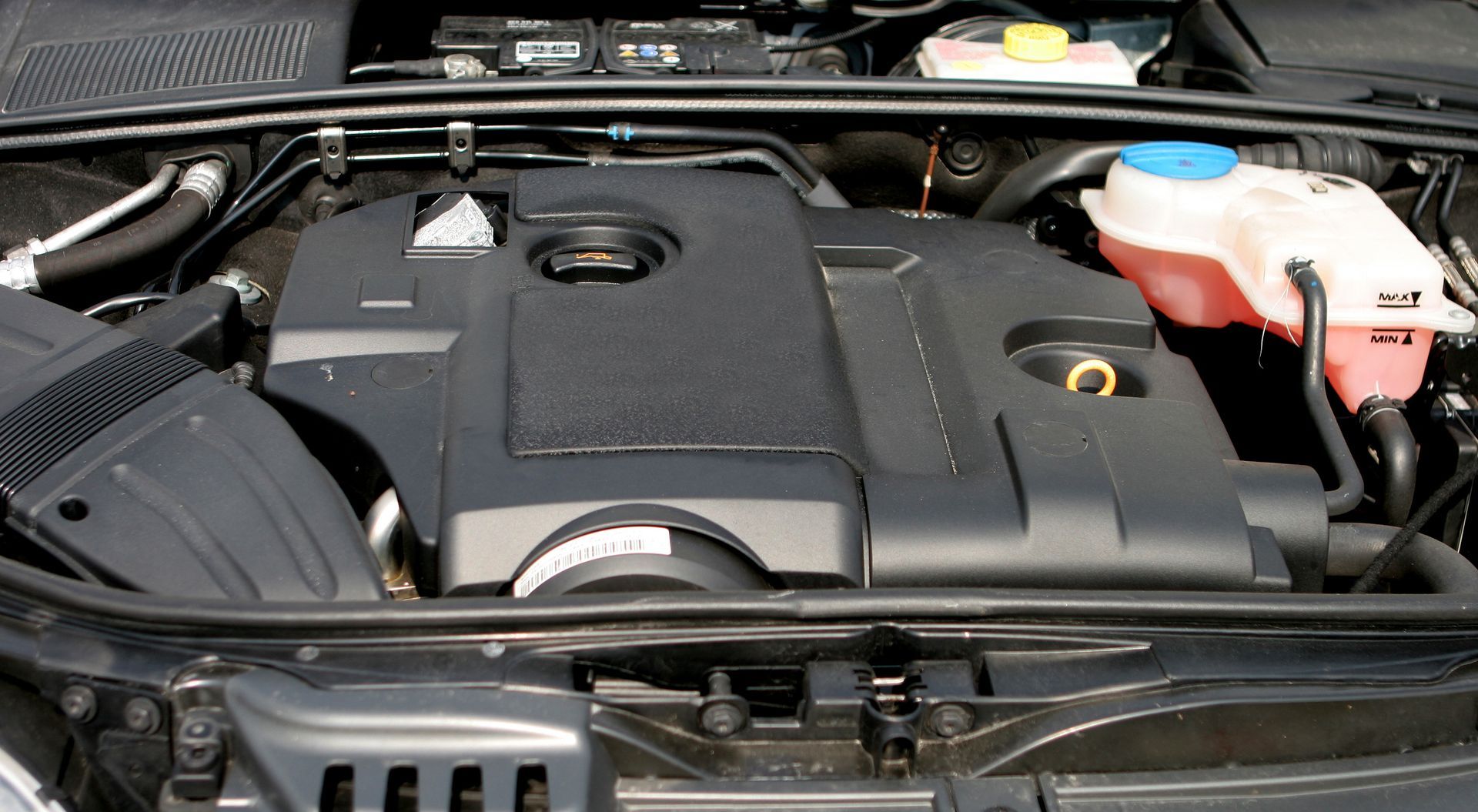When your car’s transmission starts slipping, it can be an unsettling feeling. You might notice the engine revving higher than normal, the car hesitating when you press the gas, or even an unexpected surge while cruising. These symptoms often point to issues inside the transmission that need attention before they lead to major repairs.
What Gear Slipping Actually Feels Like
Gear slipping feels different from other driving problems. You may feel the car lose momentum even though the engine is running smoothly. It might suddenly change gears on its own, or hesitate before accelerating. Some drivers describe it as a momentary disconnect between the engine and the wheels. If you feel that hesitation or a sudden jump in power, the transmission could be struggling to stay engaged.
Common Reasons Automatic Transmissions Slip
Automatic transmissions rely on internal clutch packs, hydraulic pressure, and electronic solenoids to shift smoothly. When fluid levels drop or become dirty, the system loses the pressure it needs to hold each gear firmly. Worn clutch plates or seals can also reduce grip inside the transmission. In some cases, a sticking solenoid prevents proper gear engagement. All of these problems cause the same sensation: the engine revs, but the car doesn’t respond the way it should.
How Manual Transmission Slip Feels Different
In a manual transmission, gear slip usually shows up in higher gears. You might notice the engine racing while the car barely gains speed, especially during acceleration or when driving uphill. This usually points to a worn clutch disc that can no longer grip the flywheel tightly. Some drivers also notice a burning smell or find that the clutch pedal feels different than usual. If the gear lever pops out unexpectedly, that can mean worn linkage or engine mounts.
Transmission Fluid Problems
Fluid plays a major role in how well a transmission performs. It provides pressure, lubrication, and cooling for internal parts. Low or contaminated fluid makes it hard for the transmission to stay in gear. If the fluid looks dark or smells burnt, it’s losing its protective qualities. A clogged filter or leaking cooler line can also cause low fluid levels. Even small leaks can lead to slipping if ignored for too long.
Electrical or Sensor Issues That Mimic Slipping
Modern vehicles use sensors and control modules to manage shifting. If a sensor sends the wrong signal, the transmission might change gears at the wrong time or hesitate between shifts. A failing throttle position sensor, for example, can confuse the system into thinking the driver wants more or less power than they actually do. This type of issue often feels like a gear slip, even though the transmission’s internal parts may be fine. Proper diagnostics can identify whether the cause is mechanical or electronic.
The Risk of Delaying Transmission Repairs
Ignoring gear slip usually makes the problem worse. When clutch material wears away or fluid pressure drops, more friction and heat build up inside the system. Over time, this damages seals, gears, and bearings. What could start as a simple fluid service can quickly turn into a rebuild if left too long. If you notice early signs of slipping, having it checked promptly can prevent costly damage and extend the life of your transmission.
Auto Repair in Marietta for Transmission Troubles
Any sign of slipping, hesitation, or rough shifting deserves attention. Our technicians will inspect the transmission, test the fluid, and check for trouble codes. Getting professional help early keeps your car reliable and prevents small problems from turning into large ones.
Trust Marietta Auto Repair in Marietta, GA, for Expert Transmission Service
At
Marietta Auto Repair, our technicians understand how to diagnose and fix transmission problems quickly and accurately. Whether your car needs a fluid change, a clutch adjustment, or a more detailed inspection, we’re here to help. Call today to schedule a visit and get your vehicle shifting smoothly again.
